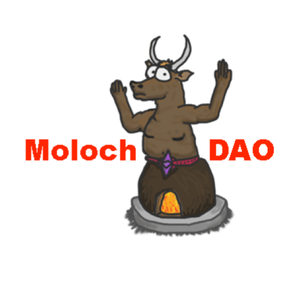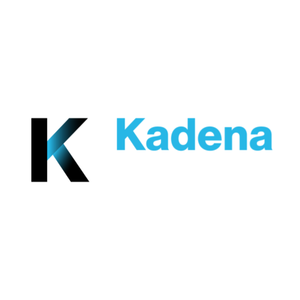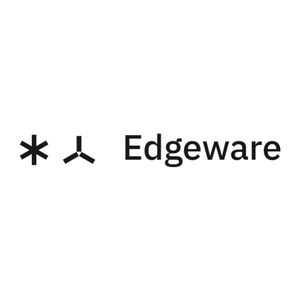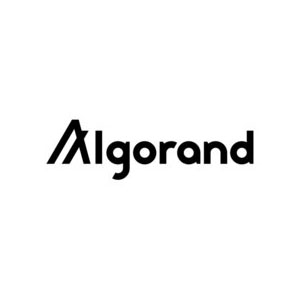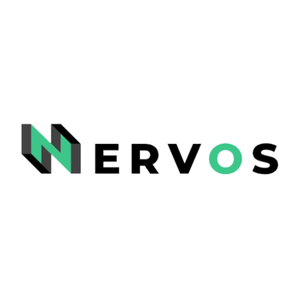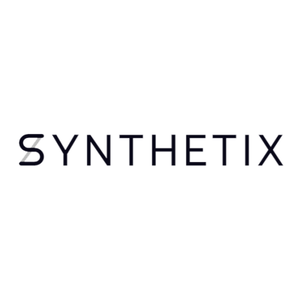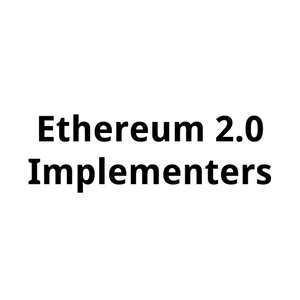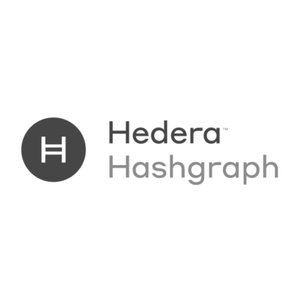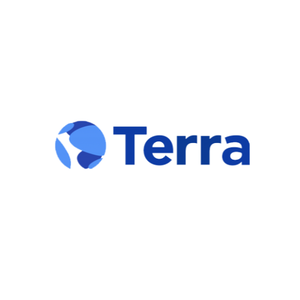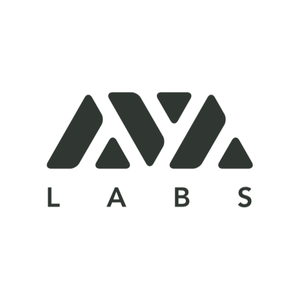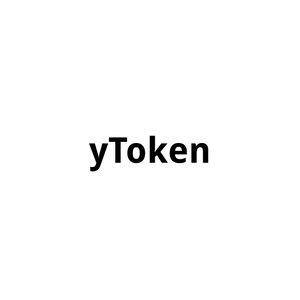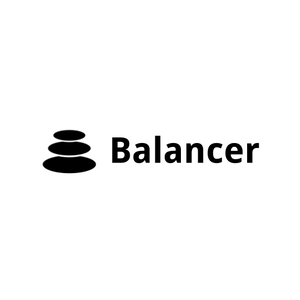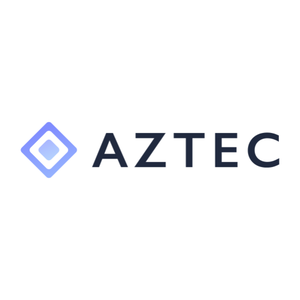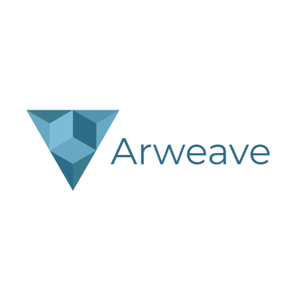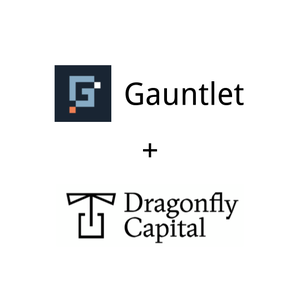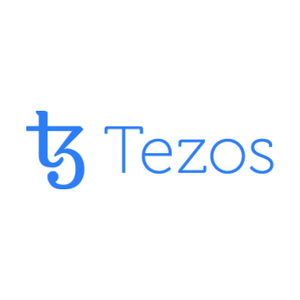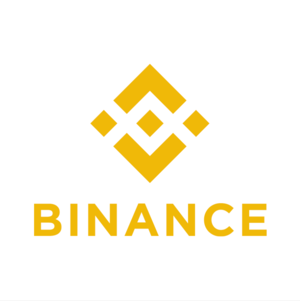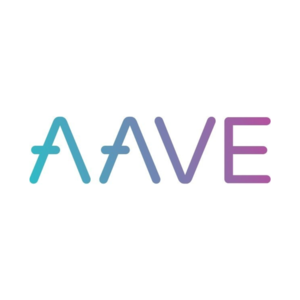Crypto AMA with Summa (6.11.19)
Spencer Noon Nov 27, 2019
- James Prestwich
- Matthew Hammond
Hey guys, let’s give a warm welcome to Matthew and James of Summa!
As a reminder for everyone participating, please keep the discussion respectful and on-topic at all times.
James, Matthew - could you guys start off by giving us a brief bio touching on your backgrounds as well as how you got started in crypto? And then a short overview of your project, how the idea came to be, and how it’s going so far? We’ll then be off to the races with questions
Hey @spencer. Thanks for having us!
At Summa, we build cross-chain architecture and interoperability solutions. We leverage a combination of existing cross-chain communication methodologies, in addition to ones that we have personally developed to deliver highly customizable integrations for businesses.
Notedly, we invented the Stateless SPV last year that enables non-custodial transactions between Bitcoin and Ethereum. These transactions are enforced on-chain and are considered the fastest safe way to move between BTC and ETH. This mechanism allows for a unified cross-chain market, where liquidity can be pooled and promises to solve many of the most prevalent liquidity and order routing issues that the space faces today.
hello 👋 I wish I could bet on prices moving to the right
James and I, along with our third co-founder Barbara, built Summa out of the desire to see a more mature financial landscape in crypto. Our earliest primitives were targeted at building structured financial products and hedging mechanisms. This work led to the development of powerful cross-chain communication tools and it quickly became clear that there were broader implications for these tools related to interoperability.
In the year since our formation, we built a number of primitives, held the world’s first cross-chain auction, released our Riemann toolkit (an open source library that enables the fast production of cross-chain transactions, with over a dozen chains supported), and closed our first partnership.
We are preparing to release the next version of our app that will allow anyone to easily place and fill cross-chain orders between BTC and ETH. Finally, we are preparing to announce our first partnership and a new product that will bring ETH and BTC a lot closer together.
By way of introduction, I have a degree in Japanese lit, so naturally I’ve been working on crypto full-time for about 5 years now. I co-founded Storj back in 2014 and worked on operations and distributed system design until mid-2017. Since we founded Summa in early 2018, my work has focused on cross-chain (and cross-shard) communication. The team and I maintain a suite of tools to help devs build on multiple chains. Outside of Summa, I’m an advisor for Chia and Keep; I work with their technical teams on chain and mechanism design.
I have been working in crypto for about 3 years. Initially, I joined the Storj team as their head of marketing, where I oversaw marketing/pr, comms, and some strategy. I left Storj to more fully explore the space and spent several months consulting with various projects. James and I got back in touch in late 2017 and began the first discussions on building crypto-derivatives that later lead to the formation of Summa.
Prior to entering the space, I worked on enterprise marketing and strategy at Adobe and ran product/strategy for a couple of start-ups. Additionally, I worked as a stockbroker for a few years on a specialty team that handled complexities in the back-office and with our trading teams.
Thanks guys, appreciate the background info! James - outside of Summa, you also famously consulted with CZ about the Binance hack last month. Are you able to take us behind the scenes a bit on how that transpired and what went down? Fascinating stuff.
Eth 2.0's big elephant in the room is cross-shard txs. What sort of tooling is being built to help make those more feasible, and what type of tradeoffs are unavoidable?
Great question and a good time to mention that unless the Summa team has more to say about their backgrounds, let's dive into questions!
The story is pretty straightforward. After a little bit of discussion on twitter, the Binance team asked a few of us to join a private chat. Along with Jeremy Rubin and a few others, we went over the options around reorging the chain.
Obviously there are significant downsides. And the upside would not be reclaiming funds, but donating them to miners. This has only been done twice before in history, both times with miners on board in advance of the attempt. After CZ decided not to attempt it, he tagged me on twitter and my mentions became a tire fire 🤣
Haha I can only imagine. Thanks for the color
I'm also going to be posting questions from our Slido instance (marked by a *)
* JC: How is Summa's interoperability different from Polkadot and Cosmos? What are the trade offs?
Cross-shard transactions are a huge issue. I was at Scaling Eth this week running a workshop on the subject. The main takeaway is that we have to split the state across shards, which means smart contracts won't be composable on different shards
We've come up with a number of promising leads on fast transactions (beating out the beacon chain relay) including credit markets and consensus introspection, and we're working with the ETH2 teams closely. Because ETH2's design is so up in the air, this is really a future problem. We're doing what we can to prepare now and will likely tackle it more seriously in a year or so.
Credit markets a la "I'll fill your cross-shard transfer now as long as when your money gets through the beacon chain relay you'll pay me + a fee"?
generally yes. this only works for some transactions though. it's not a general solution 😔
What's one thing you wish that blockchains provided to developers that they currently do not?
The prominent difference is that we target chains that were designed without interoperability in mind. Polkadot and Cosmos have great ecosystems that unfortunately don't support Bitcoin and Ethereum directly. We get much broader access, but each link is a little more limited. We hope to work with each of them more closely to eventually join Polkadot and Cosmos to ETH and BTC.
I know the decision was made not to re-org this time, but are there any circumstances where you would advocate for a re-org?
Sustainable revenue. We have a lot of exciting technical work, tons of computer science and cryptography research, and we're still searching for working businesses.
This is part of the reason that we are so interested in interoperability. Chains tend to fragment the user-base as well, making it far more difficult to have a successful business. Interoperability in the long run will help address that
Of the five or so major interoperability mechanisms, which could you see being adopted first?
I wouldn't say I'd "advocate" for a reorg. I would say that reorgs are, in the long run, unavoidable, and we should prepare for a reorg. Proof of Work needs reorgs, and they get cheaper (in BTC terms) as the subsidy decreases. So we should plan ahead and decide how we as a community will respond to them
We have some non/semi-technical audience members. Can you explain how Summa's interoperability solution works, and what you think those broader implications are?
There are limitations on each of the 5 major mechanisms and I don't necessarily see one being far more widely adopted over the others. We use each of the 5 in conjunction with one another depending on the solution that we are building.
In particular, it looks like merged consensus is coming very soon with the recent launch of Cosmos. We already have a mainnet federation running WBTC. We're optimistic about relays and stateless SPV.
Thank you, Matthew!
Can you tell us more about the partnership you guys signed and Summa's overall business model and strategy?
The non-technical explanation is that we've written Ethereum smart contracts that help Ethereum read Bitcoin's blockchain. This means we can move Ether and tokens around based on how Bitcoin moves. This lets us run a lot of interesting financial contracts today, like our cross-chain auctions. In the long run similar tech will help us hook up Ethereum to Cosmos, or Zcash to Polkadot.
Some of the broader implications for interoperability across existing chains include more accessible liquidity and less order routing issues, expanded compatibility and feature sets for companies, and a general unification of an otherwise fragmented user-base. Strong interoperability solutions enable both liquidity and and features to more freely move throughout the ecosystem.
Super helpful, thanks guys.
* Anonymous: What applications do you think are best suited to use summa?
Also bumping this one for when you guys get a sec
Posted above
Oh whoops, gracias
we're holding off on announcing partnerships for now
Summa enables unified cross-chain markets, so primary applications today are financial applications and wallets. As we mentioned above, we'll be releasing an updated version of our auctions app with a full wallet and cross-chain swaps uuilt-in. There are immediate implications for any company that acts as a counter-party on trades or faces order routing issues.
In the future, we anticipate that use-cases will expand to almost every application that a blockchain can support.
Our current stack is particularly good for linking Bitcoin to other chains, so we've been focusing on dapps that could benefit from access to Bitcoin
we're very interested in DeFi in general, and believe that Bitcoin brings a lot to the table there
What have you learned exploring business models for building technology that eg brings bitcoin to defi on eth?
Well, we certainly know a lot of things that don't work. We know that on-chain tech isn't defensible, and that working in crypto is an operational and regulatory nightmare
We do know that user-experience is key (and we absolutely have to credit our co-founder Barbara with a ridiculous amount of work here). We also know that most projects don't yet solve a problem people have. We think we have a handle on a few meaty problems, and are prioritizing them above pure R&D
for example, and this may sound like me beating a dead horse at this point, BTC is the lion’s share of the market
cross-chain communication allows businesses to both expand their compatibility to Bitcoin and support Bitcoin’s strongest features. Ethereum dapps and users have a lot to gain by having direct access Bitcoin’s liquidity, trade volume, and users
we know that solving that problem is valuable
+1. Are there any "next-gen" blockchains you're most interested in supporting next?
I know you mentioned Cosmos, Polkdaot, Zcash - wondering if others
I’ve been disappointed with the adoption of Bitgo’s wBTC.
Why aren’t people using it...?
Is the Bitgo centralization really the sticking point?
we're interested in working on every chain. we keep in touch with a lot of pre-launch projects, and try to provide early feedback on as many chains as possible
that said, we tend to focus our efforts in places that will have the largest immediate impact for the space - generally chains that have already launched. Currently a lot of our outreach is working on improvement proposals for existing chains. We're involved in a ZIP and a couple EIPs
another time it'd be fun to go down the "comparative blockchain" rabbit hole, but it's probably out of scope for an AMA 🤣
I don't know that centralization is the sticking point for most users, but for DeFi it certainly is a huge concern. DeFi lending doesn't work if its collateral can vanish at any time. For example, if WBTC gets revoked from the Uniswap pool, then that entire market could break. it would affect all WBTC users in Uniswap, it might be catastrophic.
We have a much better method in mind and will share more details as they become available.
wBTC had 0 trades on uniswap today... https://coinmarketcap.com/currencies/wrapped-bitcoin/#markets
just tell me the time and place 👌
yes, we agree that WBTC has low usage in DeFi and there are serious concerns around using it 🙃
* anonymous: James - you seem to be a vocal critic of Ethereum judging by your tweets. Why does Summa build on Ethereum if you think it's such a bad idea?
What types of applications and marketplaces do you think universal interoperability may enable?
(Nice to see someone bringing the heat on the anonymous boards for once 😉)
we wrote a little solution to this at Eth Denver. it wraps ERC20 in new accounts that can be transferred and revoked. I should put it on github sometime
How would ETH 2.0 affect the interoperability solution that you are launching?
gonna take the softball questions first
a lot of code would have to be rewritten, but no new tech would have to be invented. so it's work, but work we're familiar with
Most importantly, universal interoperability would allow funds to flow more freely and would remove many of the largest friction points both in system design and user experience. We believe that it’s necessary for businesses in the space to flourish long-term. It is hard to find a use case whose adoption isn't largely dependent on this.
As far as specific applications go, it remains to be seen. Compartmentalization limits applications and markets today, and we believe that opening up the siloes will help markets develop that surprise everyone (no one could have predicted social media 20 years ago.) We're most interested in the applications that no one can predict today.
alright, one last softball question
I think "vocal critic" is a bit of a misnomer. I'm pretty committed to the Ethereum community. You may have met me at EthBerlin, or caught my talks at EthSingapore or Scaling Ethereum, or read my blog about declarative Solidity
I show up and work because I care
Ethereum is a market leader, and deservedly so. I think it has room for improvement, and I advocate for improvement via EIPs, twitter, and public speaking
Helping developers understand Ethereum's limitations, work effectively despite them, and improve them over time is more important than cheerleading
Good stuff, love it.
Look like that's it for time. Everyone please give @james and @matt a huge thanks for coming on!
What's the best way for everyone to stay apprised of Summa-related things and get in touch too?
parting shot:
what really grinds my gears is when people refuse to discuss limitations of any chain. whether it's Bitcoin or Ethereum or anything else. too many people want to hide or deny weaknesses. and that's how we end up with bad tech and bad developers
not looking at the problem doesn't make it go away :(
👏👏👏 +1
Thanks guys!
Thanks again for having us. We're excited to share additional details about our upcoming integrations and partnership as they become available.
We would love to continue the conversation with anyone that has additional questions or wants to dive into what solutions are possible. Please feel free to reach out to @james or me here on Telegram or on Twitter.
also find us on github:
github.com/summa-tx
If you have hardball questions, James usually likes to take those on Twitter 😂
😂 lol
and thanks everyone for tuning in and asking great questions (as always). we'll be announcing our next AMA shortly!



